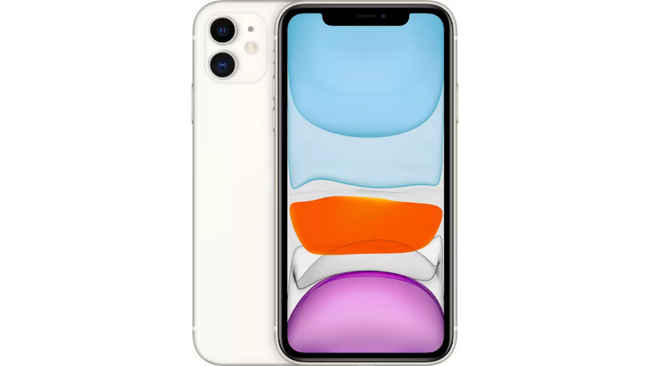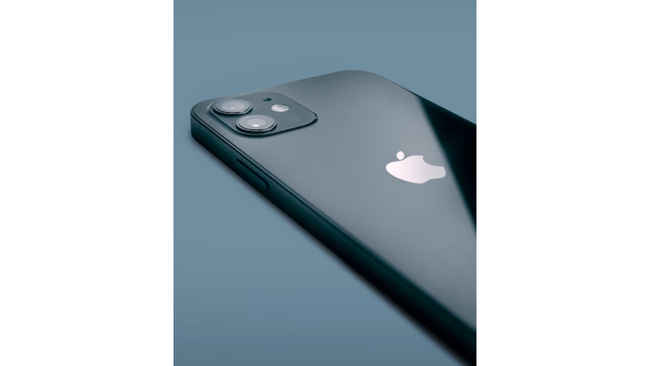With the new Motorola Moto G73, the company has attempted to provide users with a compelling 5G option with a couple of improvements sprinkled in over the Moto G62 – its predecessor. The MediaTek Dimensity 930 SoC shines in most of our tests, beating out its competition convincingly and the primary camera is far improved compared to the old 50 MP lens Moto used in the Moto G62 and Moto G42. The battery life is also impressive and Moto’s MyUX skin still manages to be one of the least bloatware-ridden skins on the market. However, there are definitely a few misses – be it the lacklustre IPS LCD display with low peak brightness or the mediocre low-light photos.
Motorola has been launching a barrage of budget offerings in the Indian market – most with 5G connectivity, and some with 5G missing. The Moto G72, which launched last year in India, was a compelling offering but missed out on 5G connectivity. Presumably, to fill that gap, the company decided to launch the brand new Moto G73 – at the same launch price as the G72 – this time, with 5G capabilities. You also get 3 carrier aggregation and 4X4 MIMO to bolster network and connectivity, which is great. Essentially, the Moto G73 is the successor to the popular Moto G62 (review) – a 5G phone that launched last year. However, it does lose out on some features present in the more recent G72 including a P-OLED screen with 1 B colours, and a 108 MP primary camera. Does the promise of 5G compromise for these lost features? And how does the Moto G73 fare against competition? Let’s delve into it.
Motorola Moto G73 Review: Build and design
Motorola has been on a silent mission to make their phones the leanest and meanest machines – while the meanest bit, we can elaborate on later, the phones are definitely lean. The Moto G73 weighs merely 181 g and is only 8.29 mm thick. It is both lighter and thinner than the Moto G62, its predecessor, which is a good thing for comfort and usability.
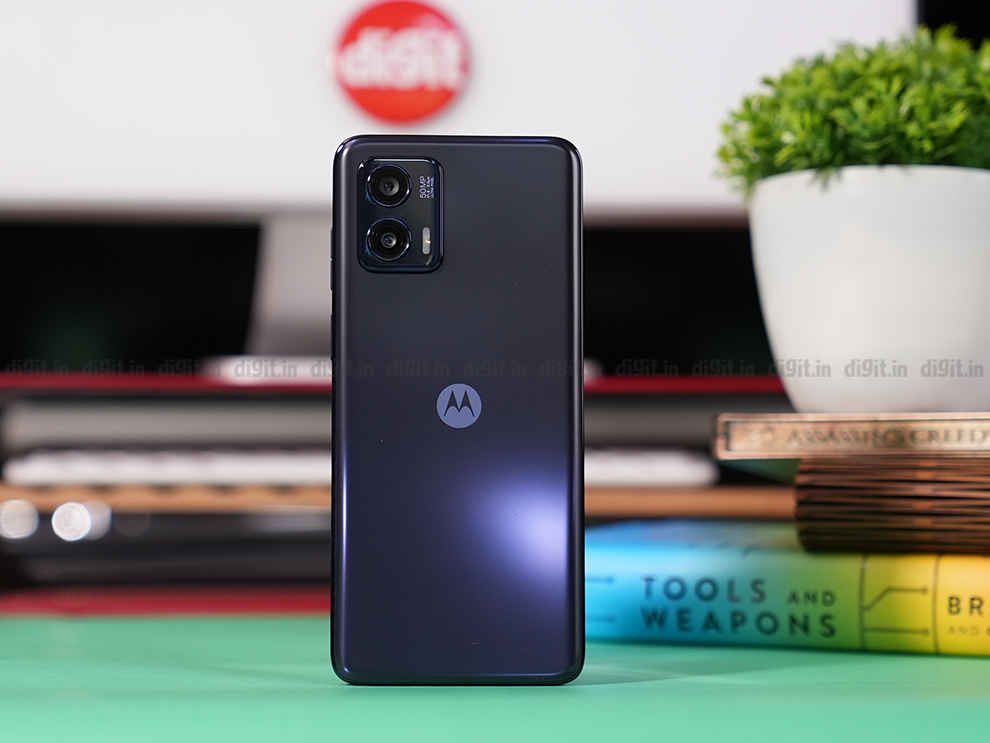
The phone’s rounded rear edges also make it comfortable to hold but the matte surface on the back is quite slippery, so it would be best to use this phone with a case. Speaking of the phone’s back, the Moto G73 has a premium-looking, slick rear panel that attempts to emulate the ones on its more premium offerings such as the Moto Edge 30 Fusion. Motorola uses what it calls “acrylic glass” which is basically PMMA plastic material made to appear like glass.
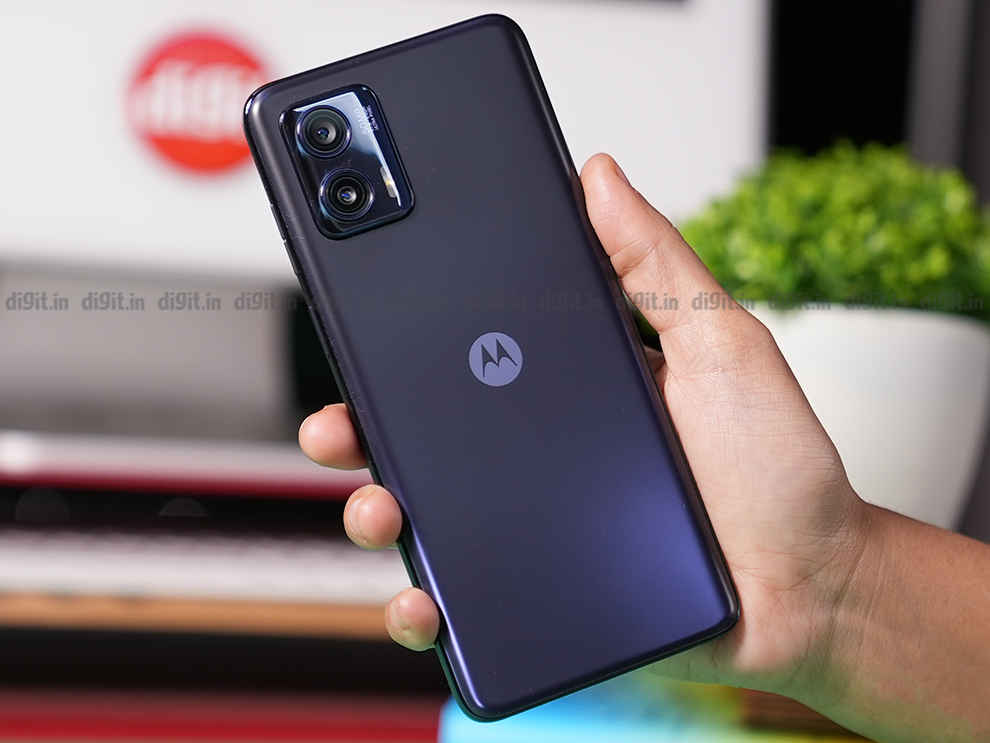
The appearance is convincing enough and the phone looks far more premium than most in this price range, however, the soft matte back is quite the fingerprint and smudge magnet. The camera module houses two lenses and thankfully, doesn’t jut out too much. The phone also has USB Type-C charging, a 3.5 mm audio jack, and Dolby Atmos certified stereo speakers. All-in-all, this is a stylish phone, but a slippery one, nonetheless.
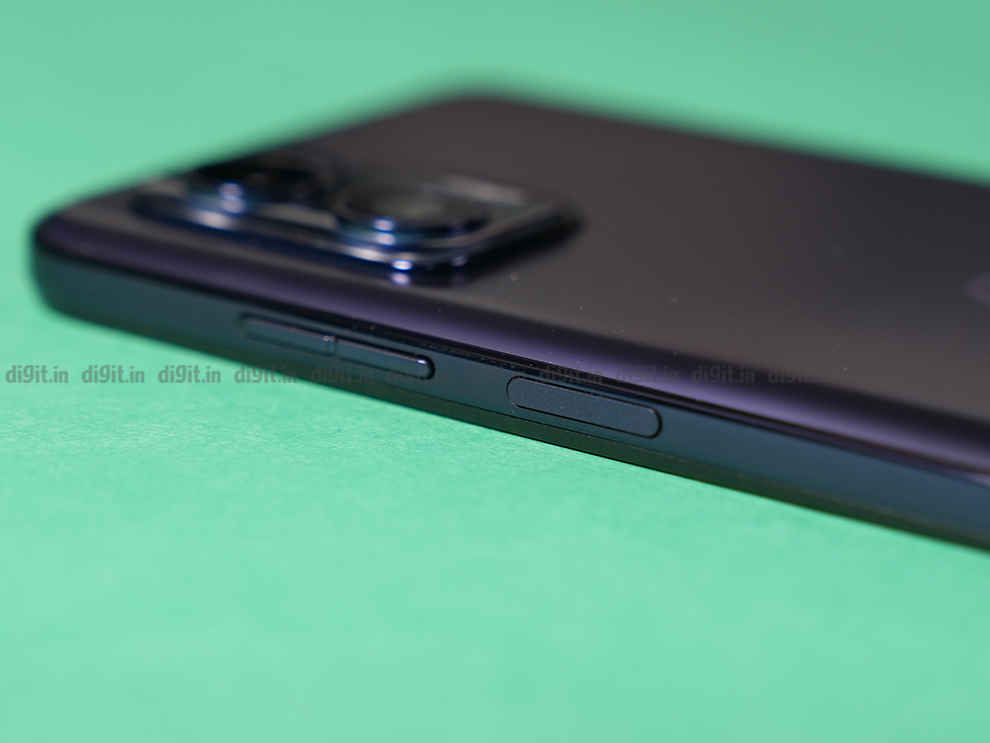
There’s also a capacitive fingerprint sensor embedded in the power button which works decently well for the most part. The phone is also IP52 dust and splash resistant, although we’d prefer at least IP54 or IP55 – it seems like Moto has been stuck at IP52 for far too long.
Motorola Moto G73 Review: Display
Moving on to the display, the Moto G73 makes sacrifices in this department to include 5G. You don’t get a p-OLED screen as on the G72, but a regular (and dated) IPS LCD display – which is a hard pill to swallow at almost ₹20K when phones such as the Redmi Note 12 (review) include an AMOLED display at around the same price. The chin bezel is quite chunky as well which dilutes the premium look upfront. The phone’s display is protected by Panda glass.
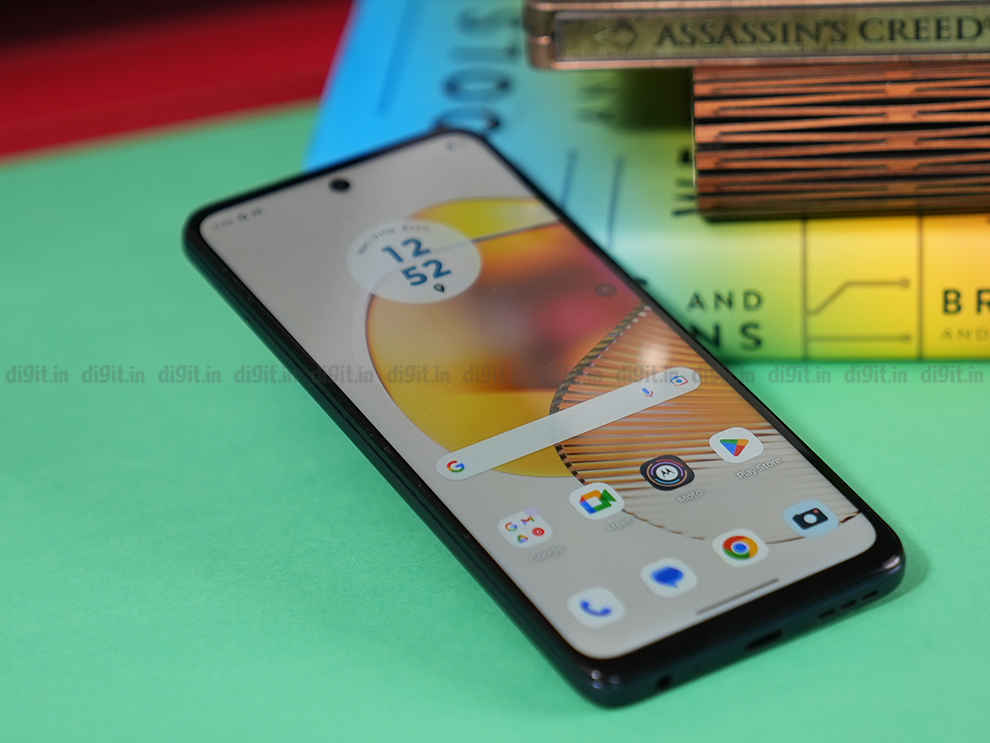
Visuals look decent but they aren’t as vivid as we’ve seen on OLED or AMOLED panels in this price range. The display is a 6.5-inch Full HD+ IPS LCD panel with 120 Hz refresh rate. The phone comes with variable refresh rate from 30 Hz - 120 Hz. However, when we checked the refresh rate at Auto, the phone never exceeded 90 Hz even when scrolling, which is very odd. Only when you manually turn on 120 Hz, do you actually get 120 Hz when scrolling. This is disappointing since at the 120 Hz refresh rate setting, the phone will definitely consume battery, but at Auto, the phone doesn’t seem to leverage its 120 Hz refresh rate abilities at all.
Refresh rate aside, the Moto G73 isn’t the brightest phone out there – with Adaptive Brightness turned on, we recorded 203 nits of peak brightness outdoors. So, screen legibility in sunlight suffers greatly. The display is not HDR-certified as well. It has mediocre viewing angles and decent colour, but overall, the Moto G73’s display didn’t impress us owing to serious competition in the market.
Motorola Moto G73 Review: Performance
The Motorola Moto G73 houses the new MediaTek Dimensity 930 SoC – a first in India. This is quite a powerful 5G chipset that competes against other budget chips such as the Snapdragon 695 (as seen in the Realme 10 Pro [review] and Moto G62) and the Snapdragon 4 Gen 1 (as seen in the Redmi Note 12). The chipset comes with 2 cores clocked at 2.2 GHz and 6 The phone comes in a sole variant with 8 GB RAM and 128 GB internal storage, which is expandable via microSD card.
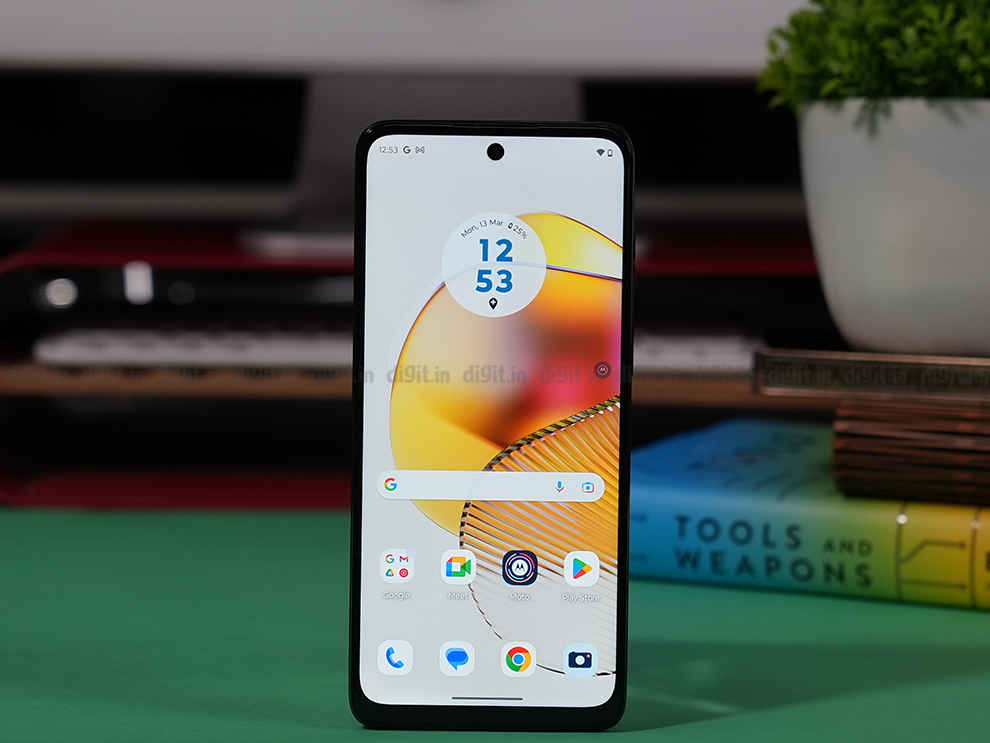
Kicking things off with real-world usage, the Moto G73 performed all basic tasks without hitch. These include texting, calling, social media, web browsing and clicking photos. The phone’s 8 GB RAM proved to be more than sufficient for multitasking – with 8-10 apps running in the background with ease with minimal stutters.
In synthetic benchmarks, the Moto G73 performed admirably well. We compared the Moto G73 against the Realme 10 Pro and the Redmi Note 12. In AnTuTu, the Moto G73 got the highest score – beating out the Realme 10 Pro by a slight margin and the Redmi Note 12 by a significant difference. In GeekBench, the phone crushed the scores of the Realme and Redmi phones. In PCMarkWork, which simulates real-world tasks, the Moto G73, once again, came up with stellar numbers.
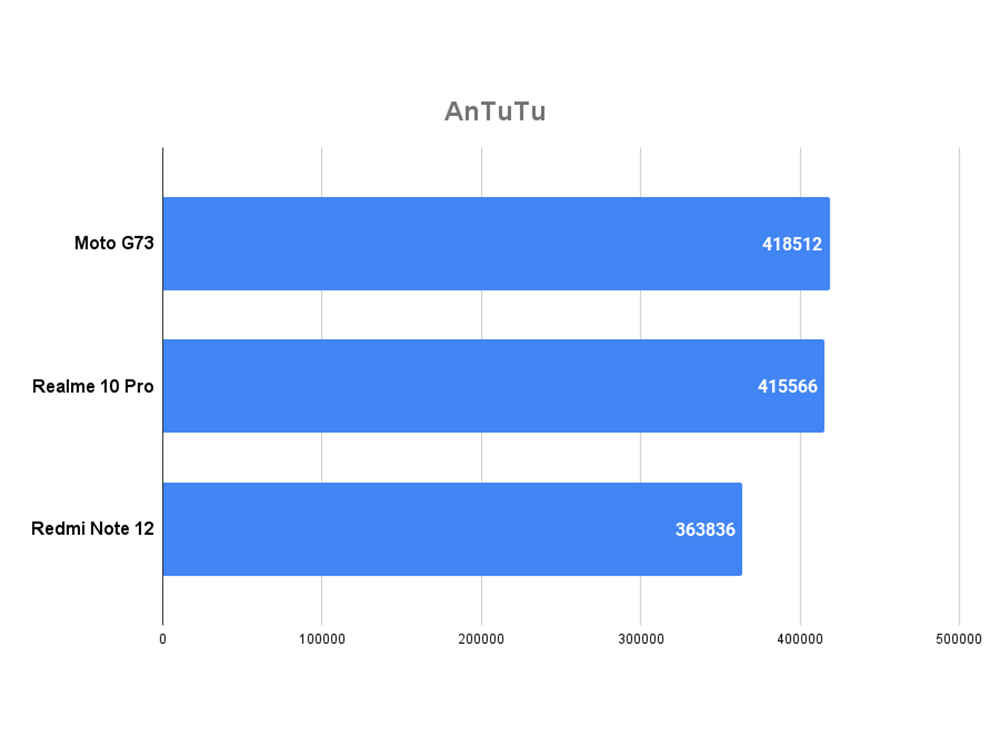
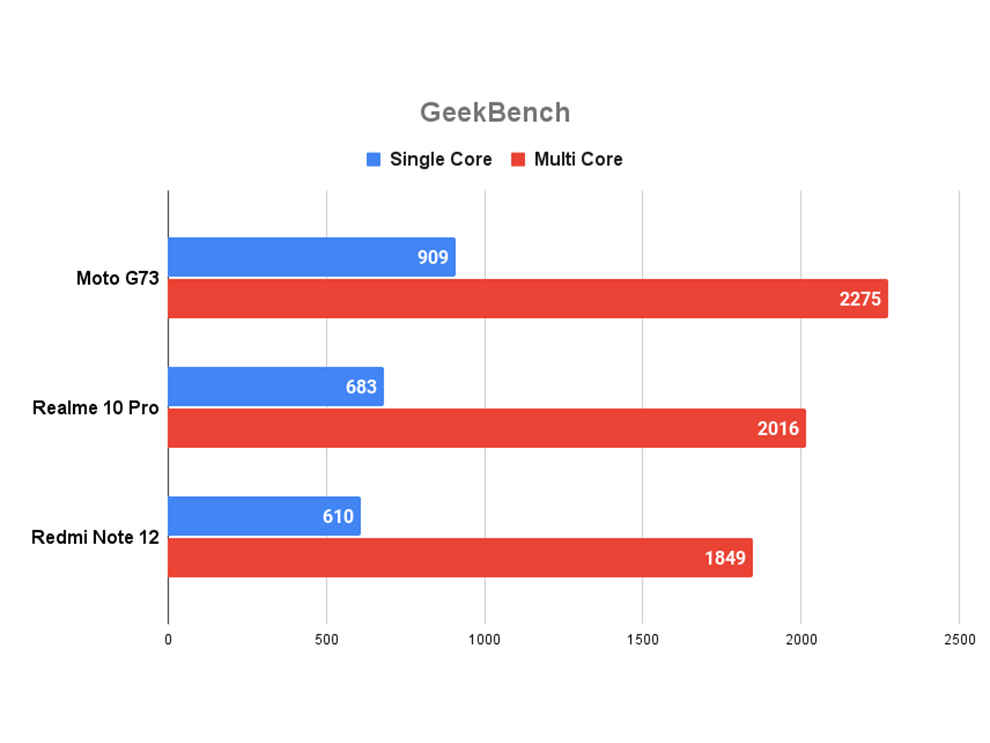
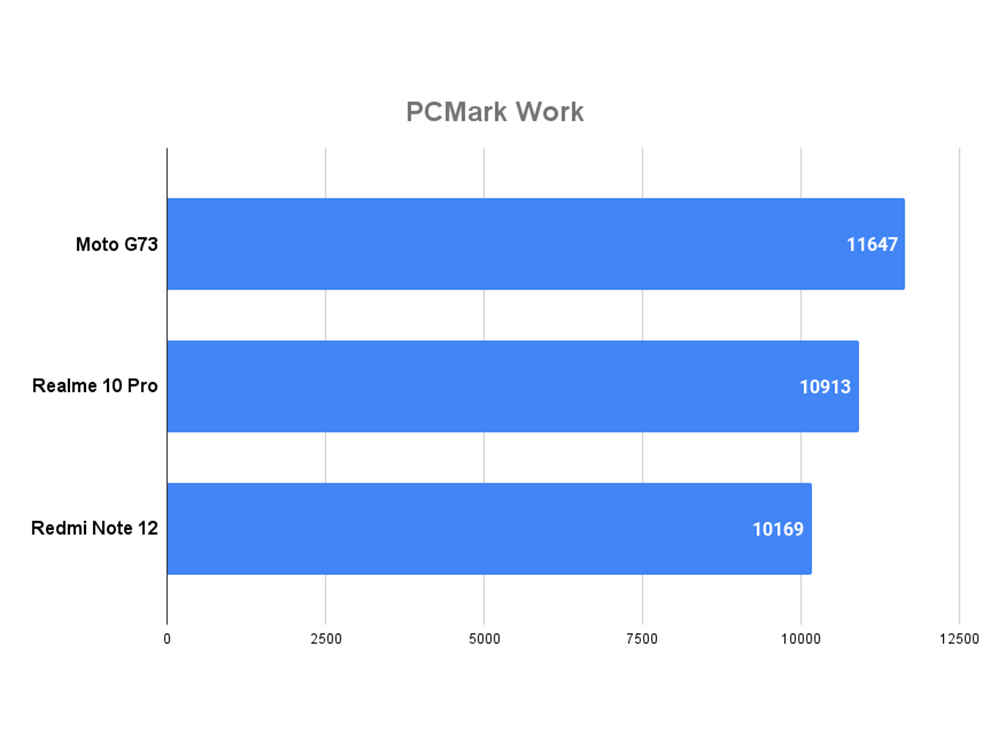
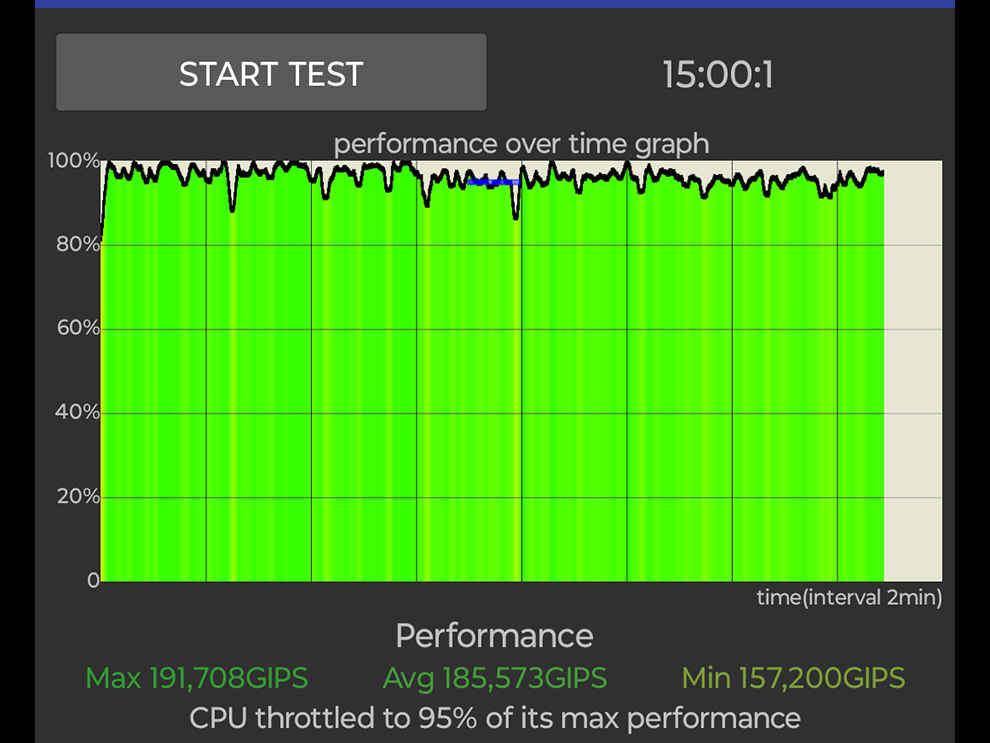
We also ran the CPU Throttling Test where the phone merely throttled to 92 percent of its peak performance in 15 minutes – so throttling issues aren’t a worry. In GPU tests, the phone got impressive scores in GFXBench but couldn’t run 3D Mark since the “device does not support all the Vulkan features required to run this test”.
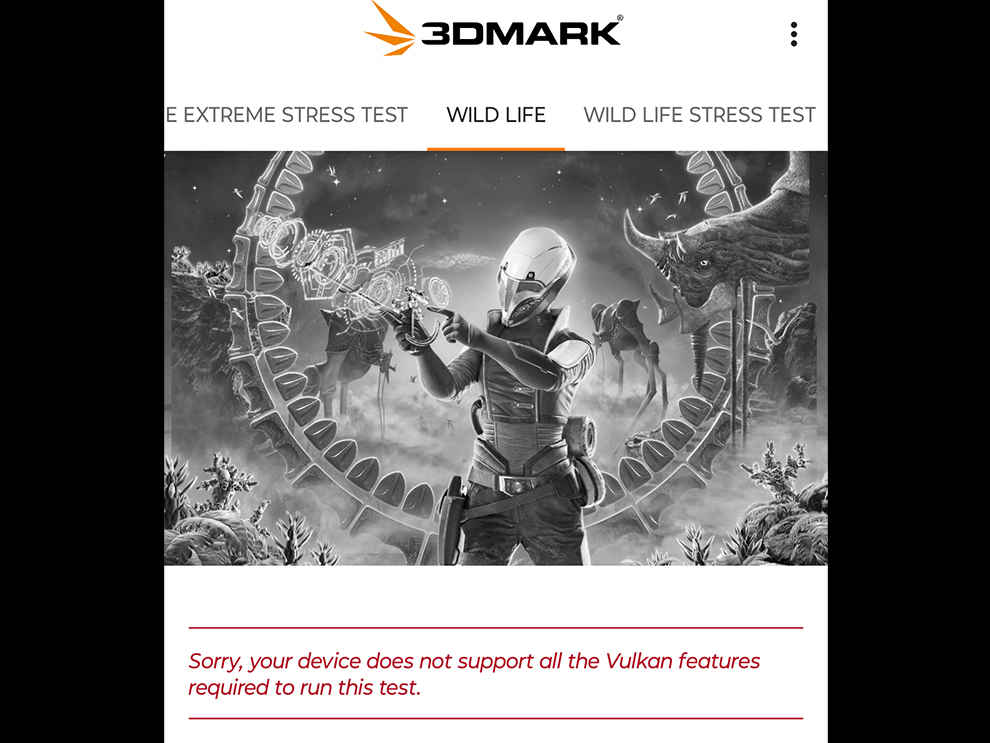
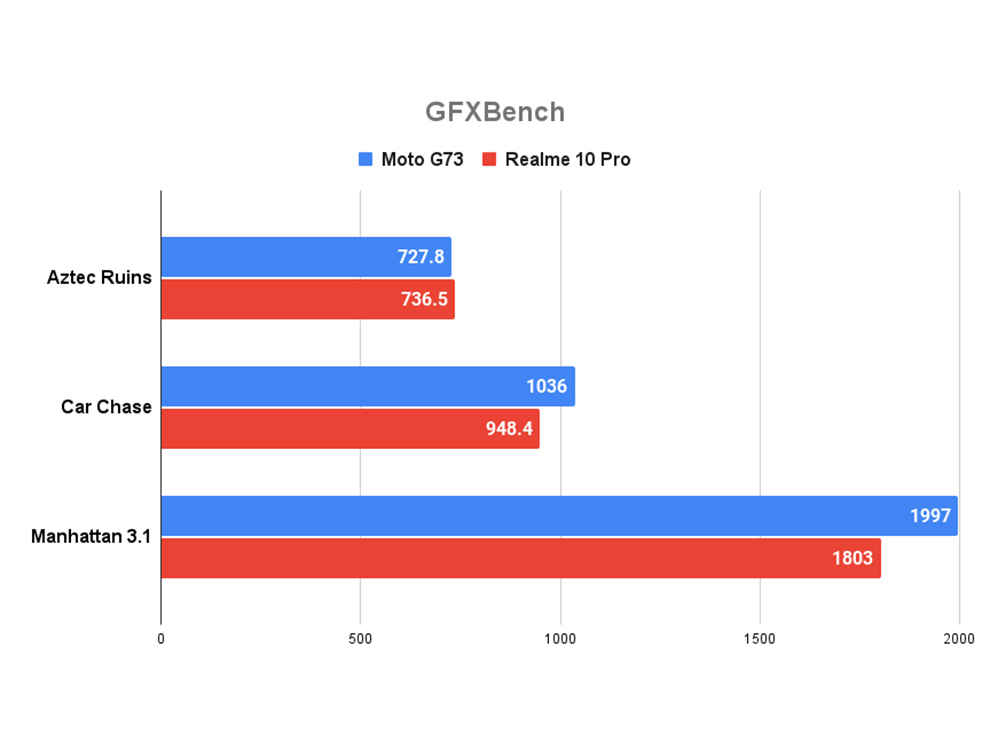
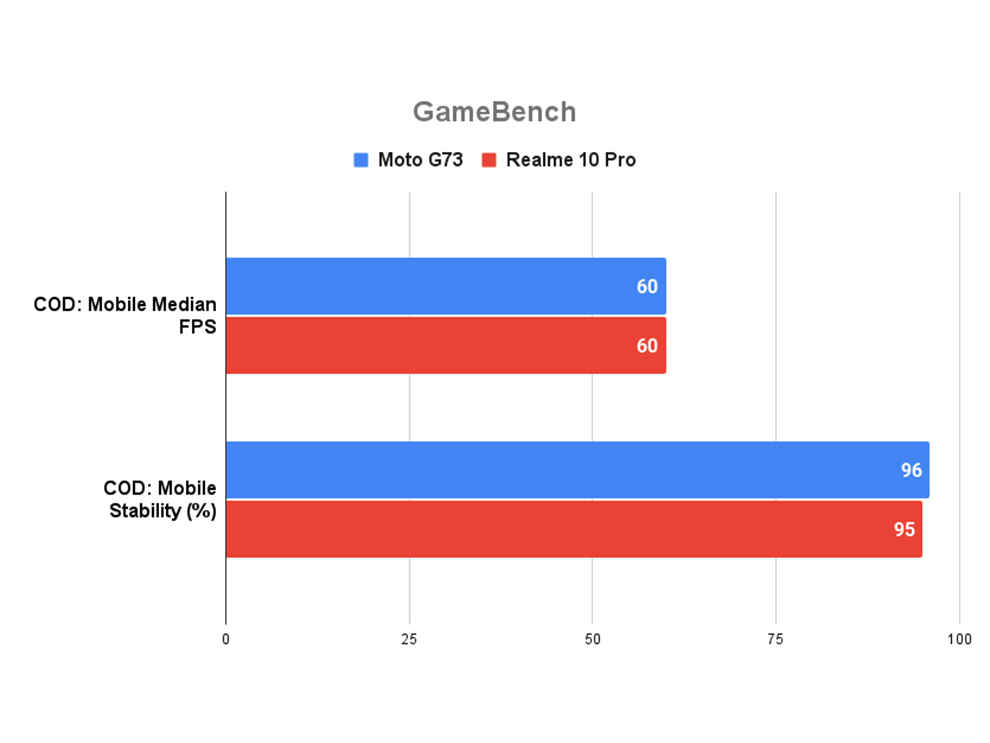
For gaming, we ran Call of Duty: Mobile on high graphics and the stutters were almost non-existential. We used GameBench Pro to assimilate the gaming performance of the Moto G73 and the phone ran COD: Mobile at 60 fps at 96 per cent stability, which is fantastic performance as well. This is a very reliable performer, overall, be it gaming, day-to-day tasks, or even intensive tasks such as photo editing.
Finally, the software. The Motorola Moto G73 comes with Android 13 out of the box with Moto’s MyUX UI which comes with minimal bloatware. However, we did notice a lot more Motorola apps pre installed this time around compared to when we tested the Moto G62. There was also Facebook installed – the only third party app – and thankfully, it can be uninstalled. Still, this is one of the cleanest UI skins in the market, apart from Stock Android, of course, with minimal bloatware and third-party apps. Moto has also assured one Android OS update and three years of security updates. However, 2-3 years of OS updates would be ideal. Motorola also claims end-to-end security via its ThinkShield platform.
Motorola Moto G73 Review: Camera
With the Motorola Moto G73, the company has focussed a lot more on the camera. It comes with a 2µm sensor compared to the 1.28µm sensor in the previous gen. Moto claims that this 50 MP primary lens was actually used on last year’s premium offering – the Moto Edge 30 Pro. You also get an 8 MP ultrawide camera that also functions as a macro and depth lens, according to Motorola. For selfies, Moto has provided a 16 MP lens.
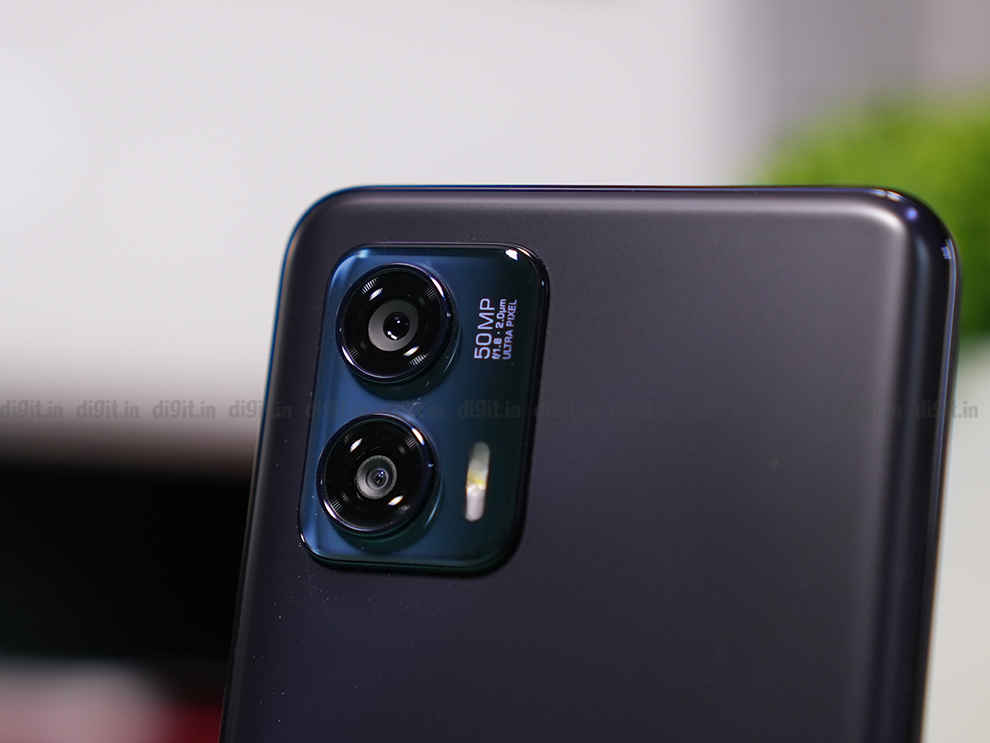
In well-lit conditions, you get decent shots from the primary camera with good dynamic range and detail. The shadows and highlights are well-exposed. It is definitely improved over the Moto G62 which had mediocre dynamic range and crushed details in the shadows. However, the shots from the Moto G73 – especially landscape ones – with HDR turned on look slightly oversharpened. The colours are quite natural, no excessive saturation, which is good.
Indoor shots in well-lit conditions also look good. There’s a good amount of detail and colours look good too. The natural bokeh effect us quite decent but there’s some fringing around the edges of objects. Here are some sample images we’ve clicked from the Moto G73, however, do note that these images have been compressed for the web.
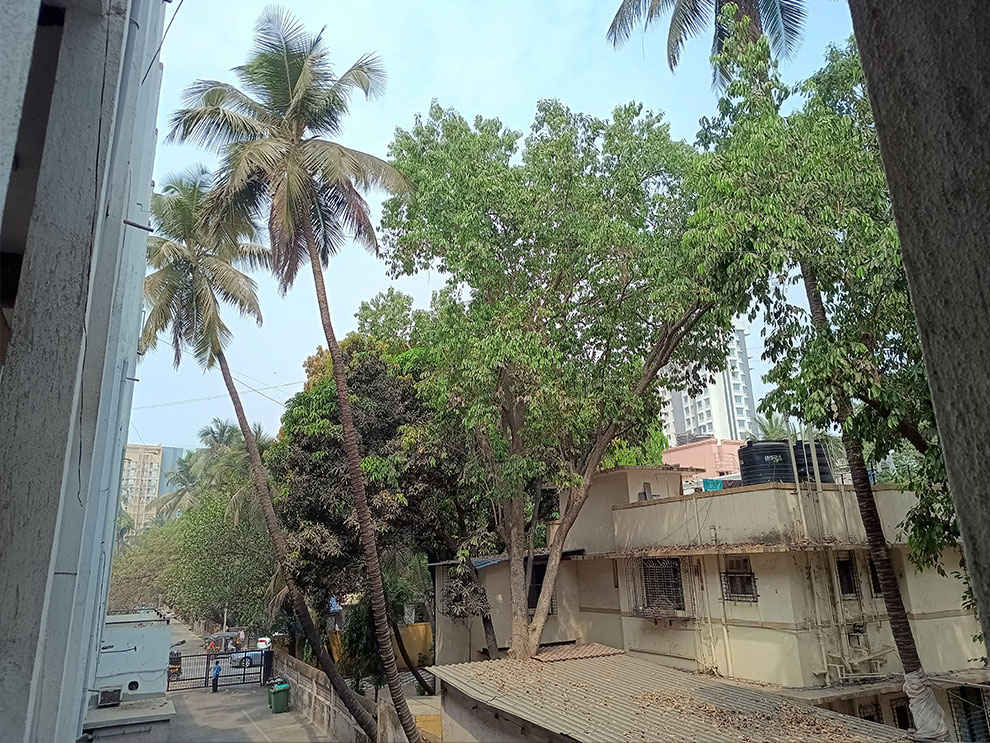
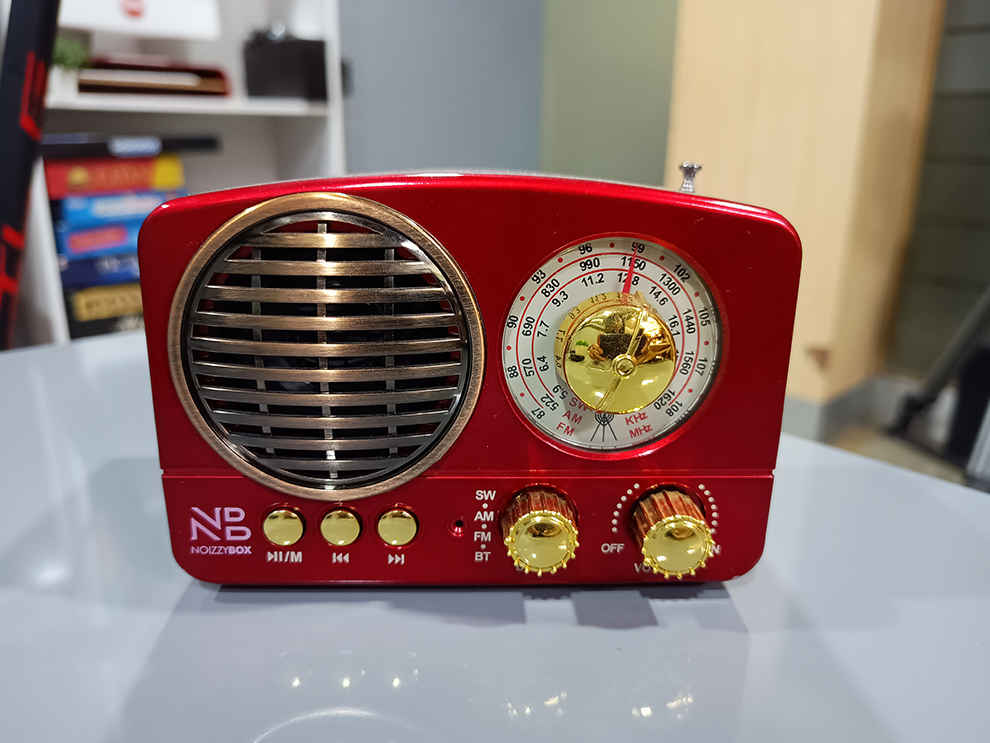

Portrait images from the main camera are not impressive though since there’s some softness and loss of detail on the faces of subjects. The edge detection is also quite poor with the phone consistently missing out on blurring stray strands of hair. The detail loss only occurs when portrait mode is turned on, which is odd since it uses the same 50 MP lens with f/1.9 aperture to click these pictures. Normal photos of subjects without portrait mode turned on are quite detailed.
The ultrawide lens of the Moto G73 also works as a macro and depth lens. Ultrawide images taken in daylight have decent dynamic range and colours but there’s quite a bit of barrelling in the corners. The details are definitely softer in comparison to the main lens but for the price it takes usable enough ultrawide shots. You get macro mode on this phone as well courtesy the 8 MP ultrawide lens and the shots are strictly mediocre due to the lack of stabilisation. However, we did manage to get a shot or two that weren’t blurry and soft.
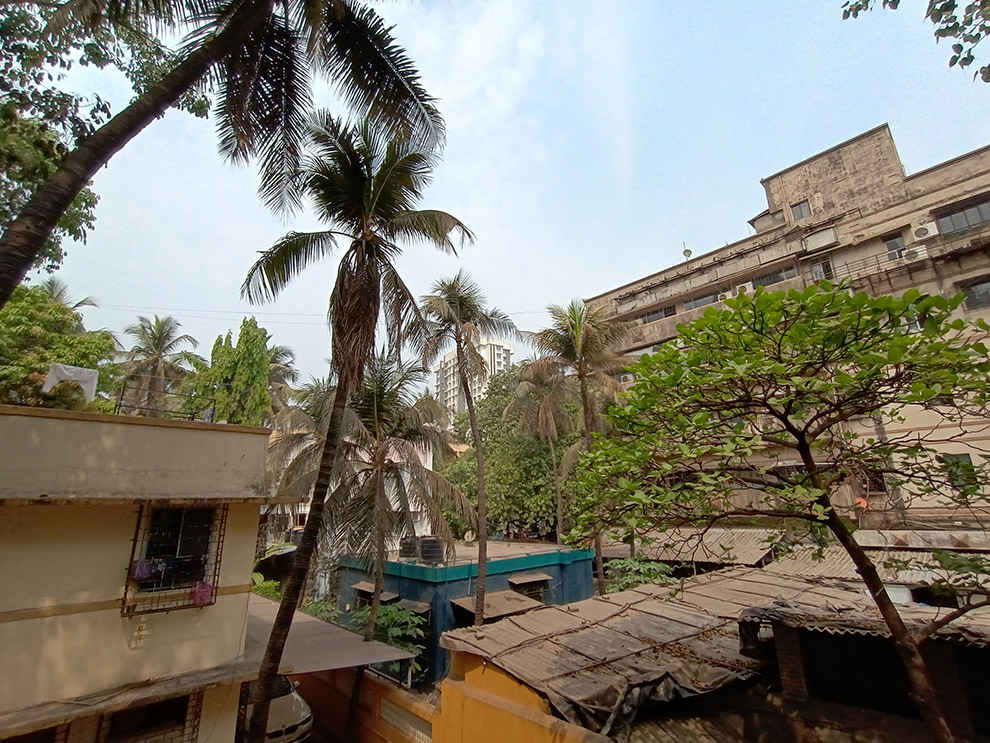
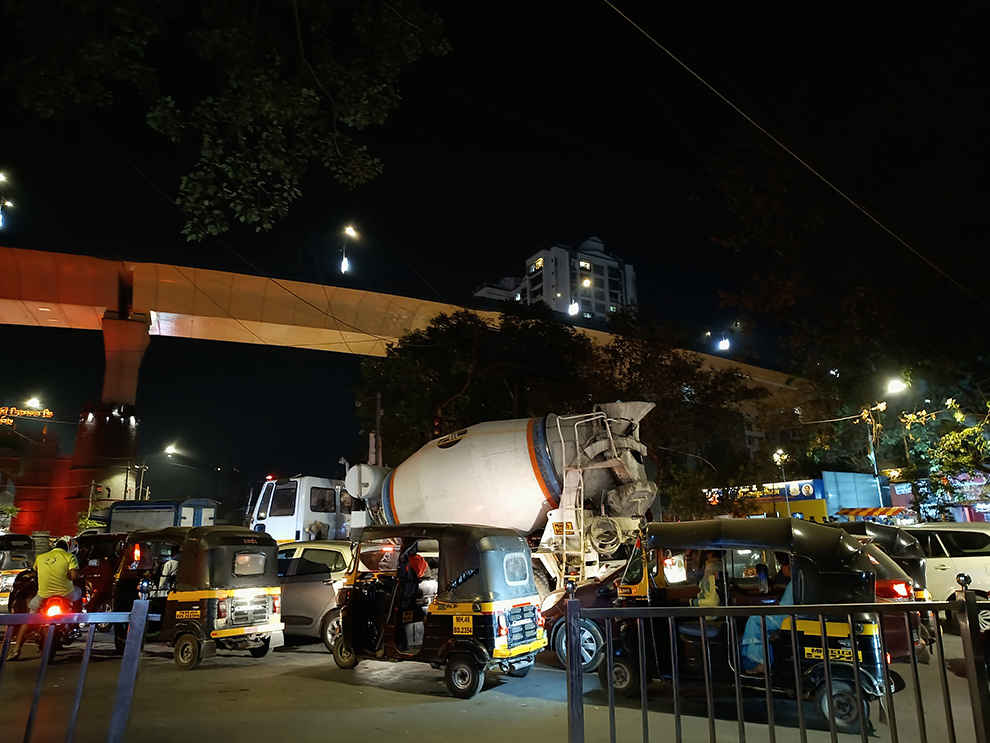
In low light, we used Night Mode to take quite a few shots and the results weren’t the most impressive at this price. Shots were often blurry and lacked detail in the shadows which is evident especially if you pixel peep. The highlights are well-controlled but the shadows are significantly crushed in most low-light shots. Lastly, the 16 MP selfie shooter clicks really good shots in daylight with heaps of detail and natural colours. Portrait mode selfies are decent but the edge detection isn’t the greatest.
As for videos, the Moto G73 shoots 1080p videos at 30 fps. The Moto G62 came with 1080p at up to 60 fps, so its disappointing that we only get 30 fps here. Videos look decent in daylight but aren’t as promising in low light. Overall, the primary camera of the Moto G73 impressed us in daylight but we were left wanting more when it came to low light shots, portrait images, and video recording.
Motorola Moto G73 Review: Battery
The Motorola Moto G73 houses a massive 5,000 mAh cell that provides great battery life. The phone can easily power through a day of medium to heavy usage and still have some juice to spare by night time. We ran benchmarks, played games, clicked photos, and more and we still had around 24 percent battery remaining at the end of the day. So, if you’re a light user, expect two days of power without having to reach for the charging cable. In our 4K video loop test, the Moto G73 lasted a whopping 17.5 hours.
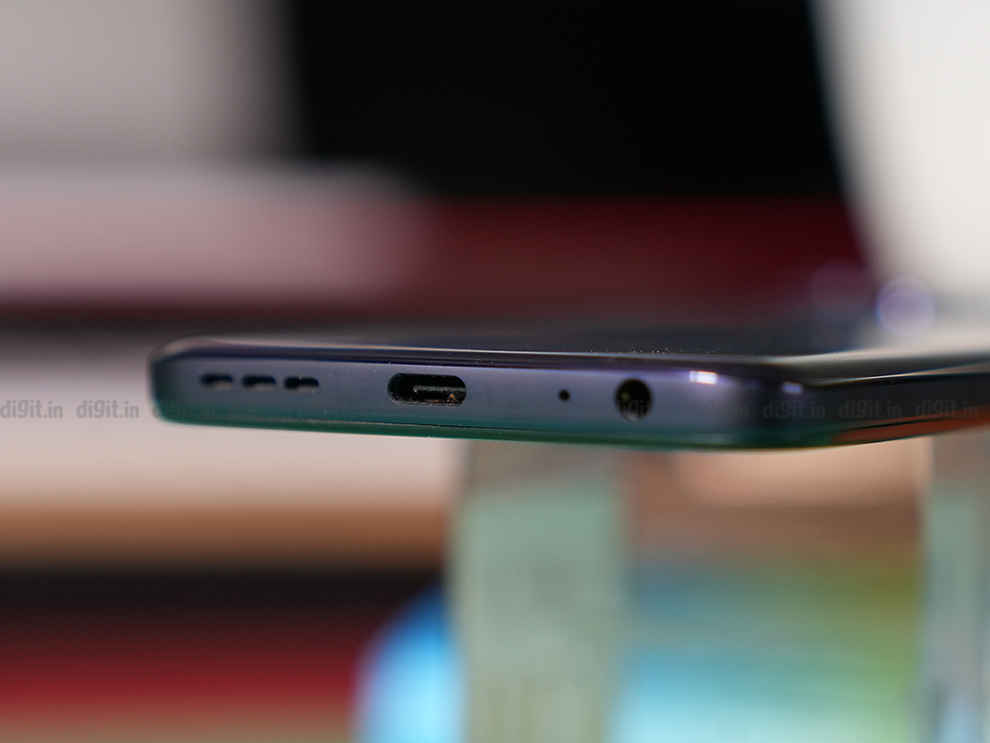
When the phone does run out of battery, you have a 30 W bundled charger to help you charge up the device quickly. The charging speeds have improved considerably compared to the Moto G62 which came with a 15 W charger. The phone can go from zero to full charge in merely 1 hour and 15 minutes, which is decent enough at this price.
Motorola Moto G73 Review: Verdict
With the new Motorola Moto G73, the company has attempted to provide users with a compelling 5G option with a couple of improvements sprinkled in over the Moto G62 – its predecessor. The MediaTek Dimensity 930 SoC shines in most of our tests, beating out its competition convincingly and the primary camera is far improved compared to the old 50 MP lens Moto used in the Moto G62 and Moto G42. The battery life is also impressive and Moto’s MyUX skin still manages to be one of the least bloatware-ridden skins on the market. However, there are definitely a few misses – be it the lacklustre IPS LCD display with low peak brightness and sunlight legibility issues or the mediocre low-light photos the phone clicks, these misses can be enough to deter users from picking this phone over competitors such as the Realme 10 Pro and the Redmi Note 12. Nevertheless, at this price point, the Moto G73 is one of the better performers in this segment, without a doubt.
from Mobile Phones Reviews https://ift.tt/2984bTC

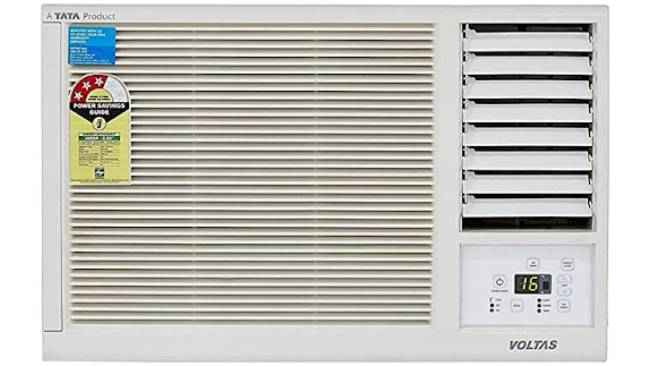





















 Road to Valor: Empires announced
Road to Valor: Empires announced

